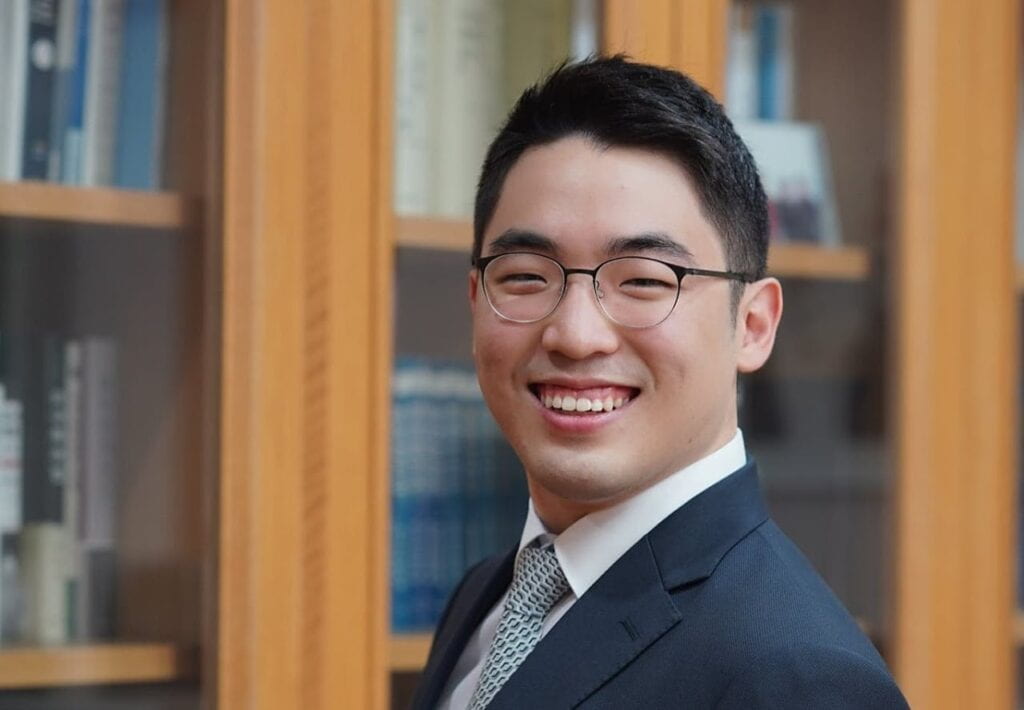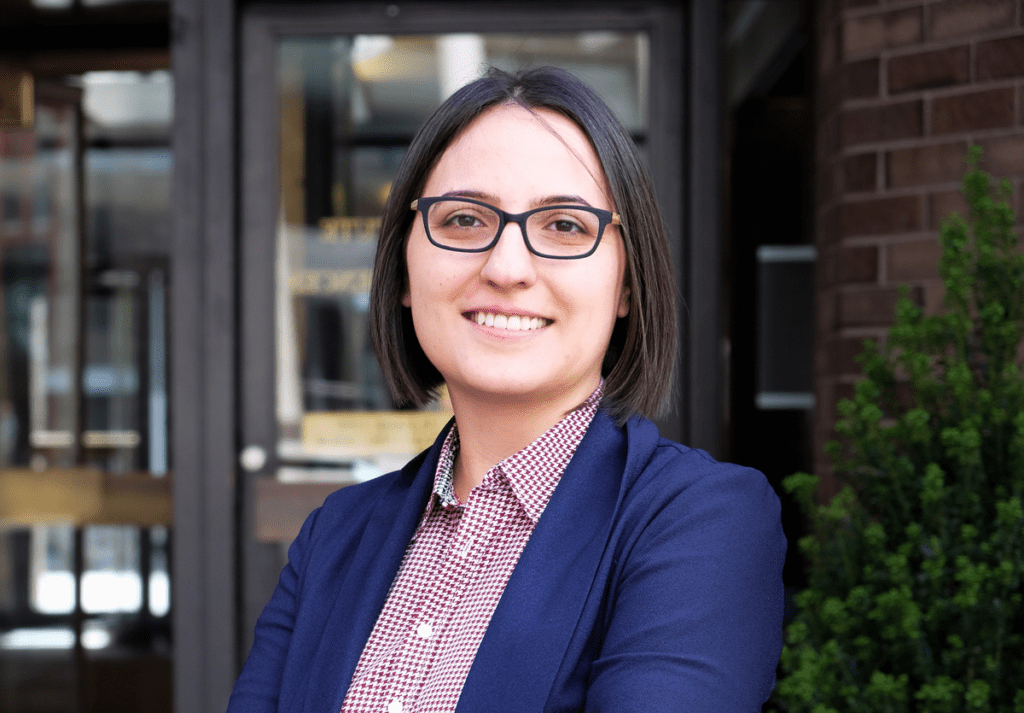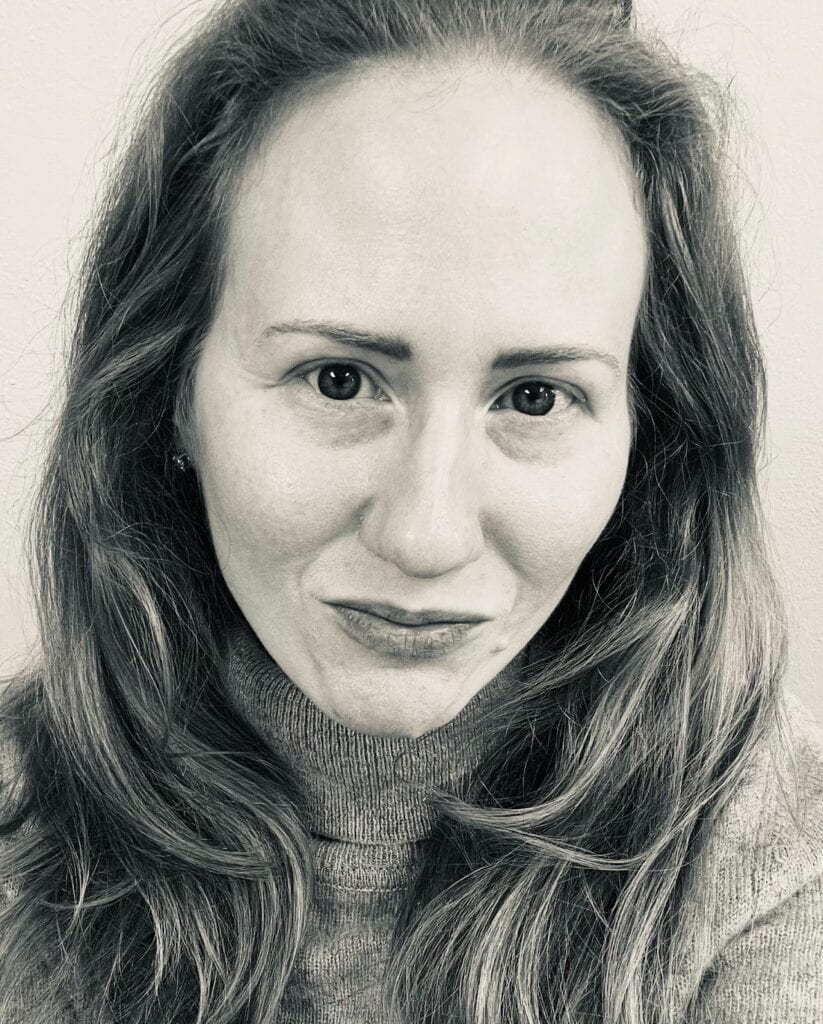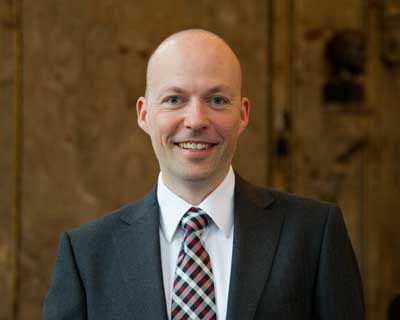
Date: September 5th, 2024 (12:30 pm – 1:30 pm)
Speaker: Karl Schlag
Paper Title: Making Decisions Based on Data: a Theory without “Guessing”
Abstract: A decision-maker has to choose among actions that yield payoffs drawn from an unknown distribution. To help making this choice this decision-maker observes some data, consisting of some realized payoffs of the different actions. We say that they are guessing when using the data if they are not always better off with the data than without it. A given mixed action models the choice that is made when there is no data set. We show how one can use the data without guessing. We select a unique rule when there are only two different actions in the data set.
Bio: Karl Schlag is a Professor of Economics in the Department of Economics, University of Vienna, with a focus on microeconomics. He has previously held positions at University of Bonn, European University Institute, and Universitat Pompeu Fabra. His research focuses on choice without priors applied to learning, pricing, imitation, and exact nonparametric statistics. His work has appeared in the International Journal of Game Theory, Theoretical Economics, and Journal of Economic Theory to name a few. Professor Schlag holds a Ph.D. in Managerial Economics and Decisions Sciences from Northwestern University.







